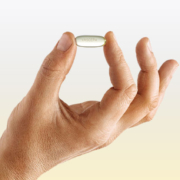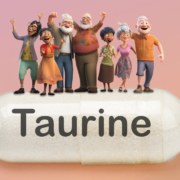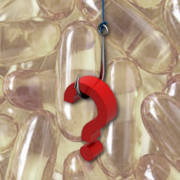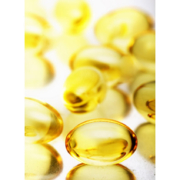Do Calcium Supplements Harm Your Heart?
Over the past few years, concern has grown about the relationship between heart disease and calcium intake. A couple of studies have shown a possible association between calcium intake and cardiovascular disease. In an article also published this month in the Journal of Women’s Health (1), two clinicians reported on a number of studies including one that examined calcium intake and heart disease. Their purpose was to update clinical guidelines for physicians and internists who regularly treat women and heart disease.
They selected a study that included a meta-analysis of studies on calcium intake from food and supplements (2). You know my position on meta-analysis and its overuse and limitations, but in this case, the researchers wanted to establish positions for both the National Osteoporosis Foundation and the American Society for Preventive Cardiology on calcium intake and heart disease. I think the use of this statistical method was warranted.
After an exhaustive review of the studies and re-analysis of the data, researchers found that calcium intake, from either food or supplements, at levels up to 2,000–2,500 mg per day are not associated with CVD risks in generally healthy adults. Although they found a few trials that reported increased risks with higher calcium intake, the risks were small and not considered to be clinically important even though they were statistically significant. The results applied to women and men.
At this point, with data from tens of thousands of subject, taking calcium from food or supplements will not harm your heart if you’re healthy. Does that mean you should limit calcium if you’re not healthy? No. There just isn’t sufficient data to know. In my opinion, if you take 800–1,000 mg of calcium per day, I think you’ll be fine but you should always check with your physician. You need calcium for many reasons, including bone and blood health and conducting signals between nerves. Especially if you don’t consume a lot of dairy, take your calcium supplement.
What are you prepared to do today?
Dr. Chet









